Uk Sustainable Chemicals Size
UK Sustainable Chemicals Market Growth Projections and Opportunities
Various dynamics are incorporated in the UK market for sustainable chemicals. A chief one is a heightened realization and commitment to environmental sustainability. Rising concern by consumers regarding the ecological effect of chemical products has made them seek sustainable alternatives. Regulatory frameworks play a crucial role in molding the market structure. The UK government has been at the forefront of promoting sustainability and putting tight controls on the use of dangerous chemicals. Business enterprises are thus encouraged to embrace reliable substitutes by such a regulatory environment, leading to immense investment and experimentation within this sector of sustainable chemicals. By aligning with these regulations, companies will not only comply with legal requirements but will also get an upper hand on competitors. Further, the global push towards a circular economy also affects individual actors within the marketplace. As manufacturing changes to suit increased reusing/recycling options and resource efficiency maximization underlines the need for reduced waste concepts, so does product design, which has new directions. This can be well noticed within the chemical industry, which focuses on the development of products that can be recycled or reused, hence minimizing the impact on the environment. The economic landscape of sustainable chemicals is another important factor affecting it. Although several factors make up economic factors like material costs and energy prices, among others, as well as the general stability of markets which influence the feasibility and competitiveness of green chemical products, technological progress and economies of scale mean that cost competitiveness is expected to enhance making them more attractive for the wider public. Consumer preferences and behavior constitute key determinants of any successful sustainable chemicals market trend. Today, they look for products supporting their values through ECO-labelling, etc. It has led companies to adopt eco-friendly practices not just because they are a requirement by regulation but also as a response strategy to the changing tastes of consumers. Again, partnerships between businesses in the same industry also shape how markets behave. For example, some companies that initially used to compete fiercely with each other now collaborate to deliver innovation faster while sharing knowledge among themselves. This partnership approach not only stimulates technological development but also creates a favorable environment for the survival and prosperity of the sustainable chemicals market.
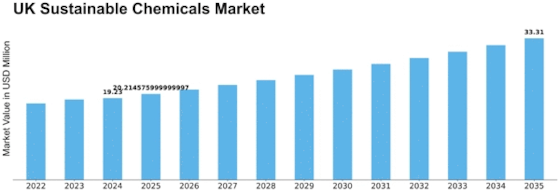


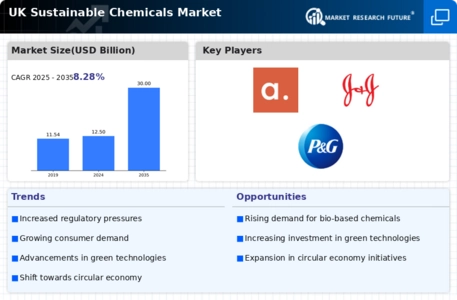
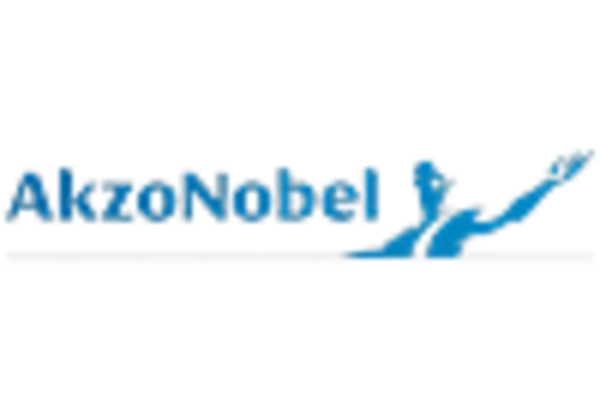

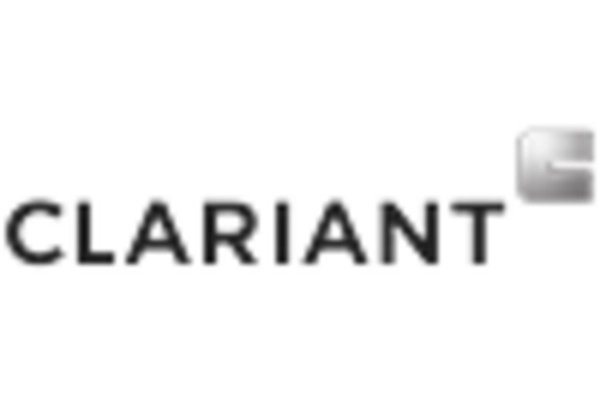
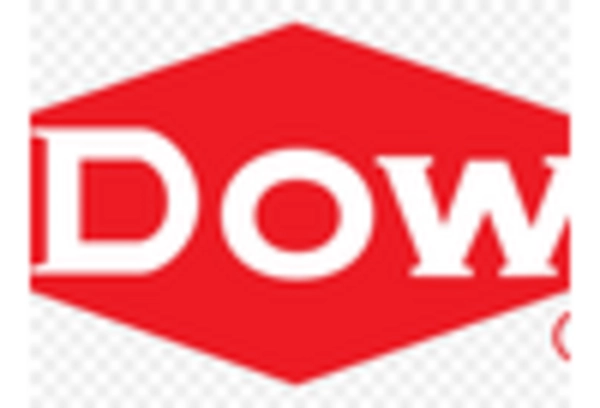











Leave a Comment